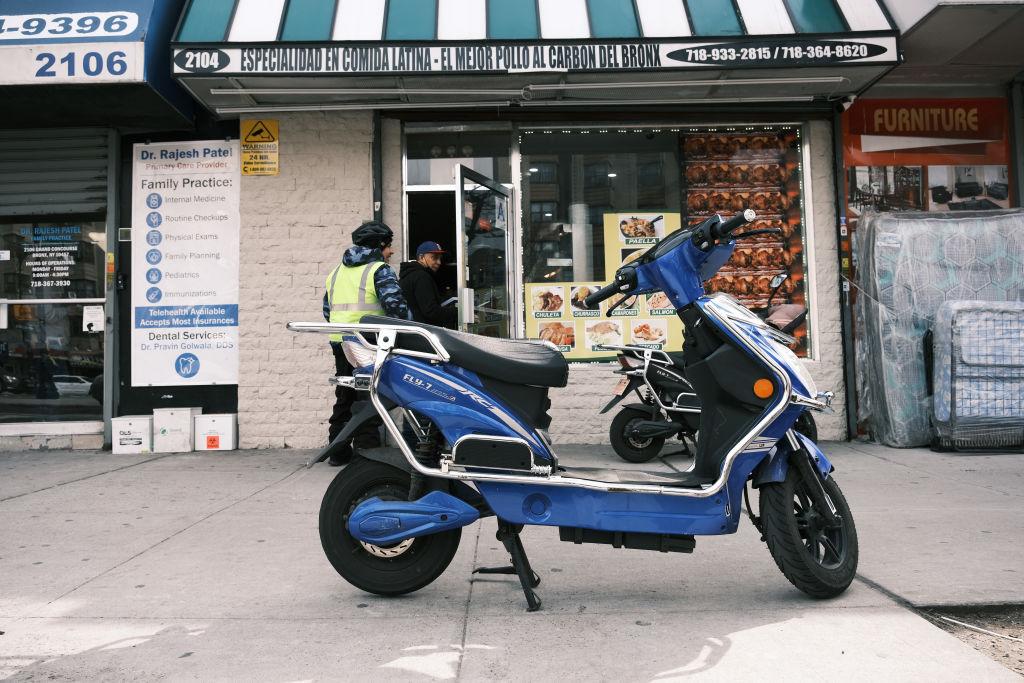Fire incidents triggered by lithium-ion batteries have spiked in New York City in recent years as more people adopt electric vehicles, especially e-bikes.
Fires caused by batteries powering e-micromobility devices like e-bikes rose from 44 in 2020 to 220 in 2022 in NYC. Between 2021 and 2022, such fires resulted in 226 injuries and 10 deaths. In the first two months of 2023, 40 injuries and two deaths have been linked to battery fires. E-bike usage shot up during the COVID pandemic after they were legalized in New York 3 years ago. At present, over 40,000 delivery workers in NYC use e-bikes.





